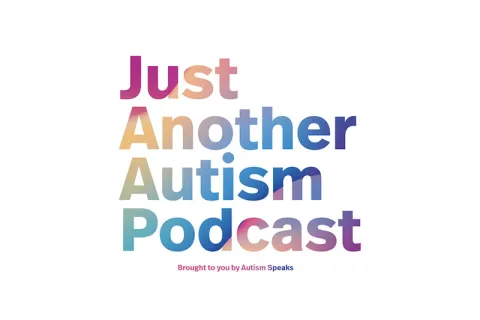New bills introduced in Congress would increase financial security and caregiver support for the autism community
April 3, 2025This week, three bills that aim to empower people with autism and their caregivers were introduced in Congress. The SSI Savings Penalty Elimination Act was reintroduced to raise outdated asset limits, which would help autistic individuals earn and save money without risking their federal benefits. The Lifespan Respite Care Program Reauthorization Act was introduced to continue providing accessible and community-based respite care services for family caregivers. And lastly, the Alleviating Barriers to Caregivers Act aims to reduce the administrative burden caregivers face when navigating certain federal programs. Autism Speaks is proud to endorse and advocate in support of these bills.
Additional information on the legislation is below.
SSI Savings Penalty Elimination Act (S.1234/H.R.2540)
Introduced by Senators Catherine Cortez Masto (D-NV) and Bill Cassidy (R-LA) & Representatives Danny Davis (D-IL-7) and Brian Fitzpatrick (R-PA-1)
Supplemental Security Income (SSI) is designed to help aged, blind, and disabled individuals with limited income and resources meet basic needs. Autistic individuals may rely on SSI benefits to afford certain autism related expenses, such as therapy, sensory aids, educational programs, communication devices, or respite care. However, if they earn or save too much, they risk these benefits. The SSI Savings Penalty Elimination Act – for the first time in over 30 years – would raise the amount of assets SSI recipients can save without jeopardizing their vital SSI benefits. It would raise the asset limit to $10,000 per individual and $20,000 per couple and also adjust those numbers for inflation every year, a critical element in today’s inflationary environment. This change will empower autistic SSI beneficiaries to use their own savings to address needed emergencies when they arise and achieve greater financial security and independence.
Watch video of Champions of Change Tyler & Tonya share why this matters to people with autism.
Watch video of disability advocates, including Emerging Leader Dr. Kerry Magro and Champions of Change Tyler & Tonya, share the impact of this bill.
Lifespan Respite Care Program Reauthorization Act (S.830/H.R.2560)
Introduced by Senators Susan Collins (R-ME) and Tammy Baldwin (D-WI) & Representatives Nick Langworthy (R-NY-23) and Jill Tokuda (D-HI-2)
Caregivers play an essential role in the lives of many autistic people—often providing around-the-clock support that goes unpaid and under-recognized. While raising a child or caring for an adult with autism comes with many joys, some caregivers often also face physical, emotional and financial strain or social isolation because of their responsibilities. Respite care provides short-term care for a child or adult that allows the primary caregiver temporary relief. The Lifespan Respite Care Program was enacted by Congress in 2006 and reauthorized in 2020 to provide grants for state-level, community-based respite care services for family caregivers of children and adults with special needs. The Lifespan Respite Care Program Reauthorization Act would ensure this federal initiative continues to support the well-being of caregivers, and in turn, the well-being of the people they care for.
Read press release by Rep. Langworthy.
Alleviating Barriers to Caregivers Act (S.1227/H.R.2491)
Introduced by Senators Shelley Moore Capitol (R-WV) and Ed Markey (D-MA) & Representatives Kat Cammack (R-FL-03) and Seth Magaziner (D-RI-02)
Caregivers frequently play a significant role in providing support for children and adults with autism across their lifespan. The Alleviating Barriers to Caregivers Act (ABC Act) would help them continue providing care but with less strain by reducing the overwhelming paperwork or navigation of complex systems. The bill would require the Centers for Medicare and Medicaid Services, Social Security Administration, and Children's Health Insurance Program to review their eligibility, processes, procedures, forms, and communications to reduce the administrative burden on family caregivers. By making it easier to access support and information, it will help ensure caregivers are able to focus more on the well-being of their loved ones, while receiving the resources they need.
Read press releases by Senator Markey and Rep. Cammack.





